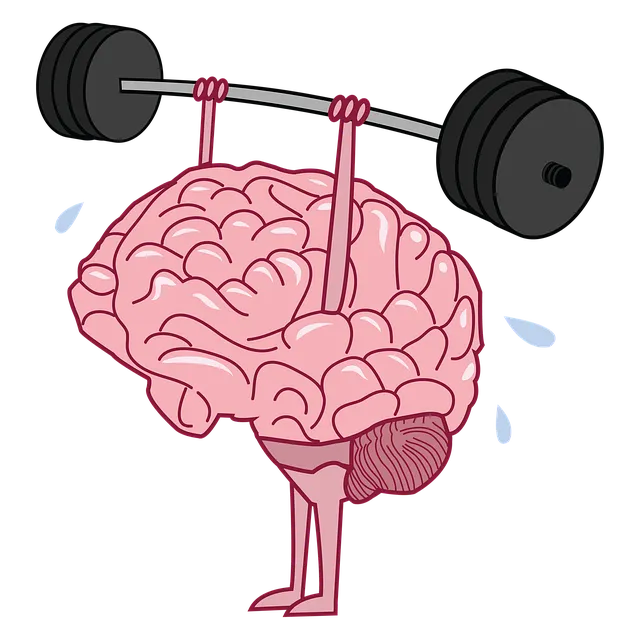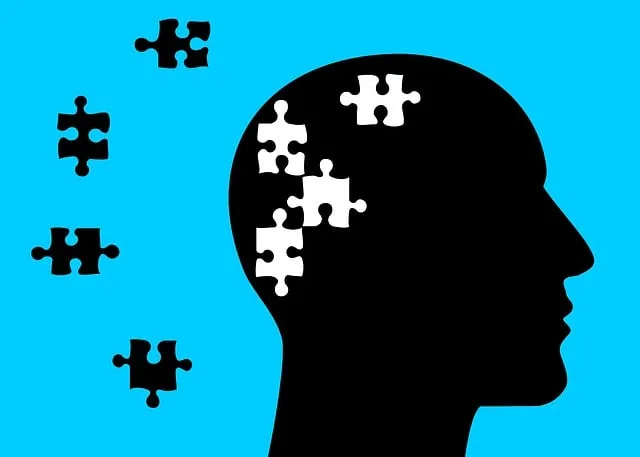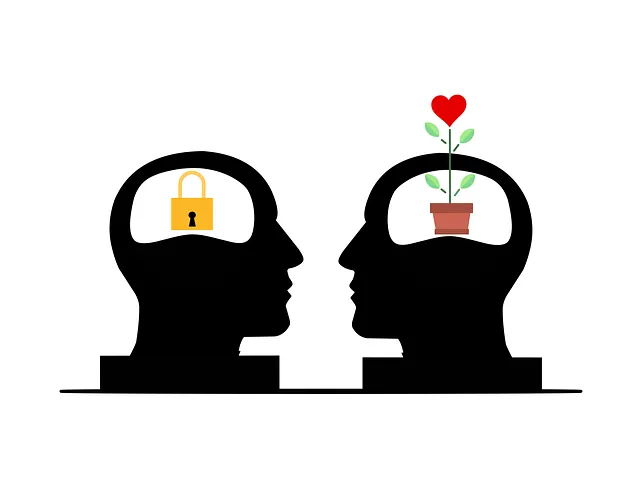Emotional intelligence (EQ), as seen in Centennial Kaiser Permanente mental health center reviews, is crucial for successful social interactions and personal growth. Self-awareness, a core component, allows individuals to manage their emotions and make informed decisions. Mindfulness meditation significantly enhances EQ, improving stress coping and relationships. Empathy, another key aspect emphasized by the center's reviews, strengthens connections through compassionate understanding. Healthcare professionals benefit from these practices to prevent burnout and improve patient care, fostering healthier work environments. Active listening, highlighted in numerous reviews, is a powerful tool for emotional regulation and enhanced communication.
At the Centennial Kaiser Permanente mental health center, we believe emotional intelligence (EI) is a powerful tool for personal growth and robust relationships. This article explores the five core components of EI as outlined by leading researchers: understanding Emotional Intelligence, self-awareness, empathy, emotion management, and active listening. By delving into these sections, we aim to equip readers with actionable strategies to enhance their emotional intelligence, drawing insights from the latest research and expert practices, much like a tapestry woven with threads of wisdom from the Kaiser Permanente mental health center’s reviews.
- Understanding Emotional Intelligence: The Essential Skills
- Self-Awareness: Unlocking Inner Strength and Growth
- Empathy: Walking in Others' Shoes for Deeper Connections
- Managing Emotions: Strategies for Regulation and Balance
- Practicing Active Listening: Enhancing Relationships
Understanding Emotional Intelligence: The Essential Skills

Emotional intelligence (EQ) is a crucial set of skills that enables individuals to navigate complex social landscapes with grace and empathy. At the heart of EQ lies the ability to recognize, understand, and manage one’s own emotions—a cornerstone often referred to as self-awareness. This self-reflection is vital for personal growth, especially when coupled with skills like self-esteem improvement and stress management, which are essential in handling life’s challenges. The Centennial Kaiser Permanente mental health center reviews highlight the growing recognition of these emotional competencies, underscoring their impact on overall well-being.
Moreover, EQ encompasses the capacity to empathize with others, a skill that fosters meaningful connections and strengthens relationships. This involves not just understanding someone’s feelings but also responding with compassion. Practices like mindfulness meditation can significantly enhance these abilities, promoting a deeper sense of calm and clarity. By cultivating emotional intelligence, individuals can better cope with stress, improve their interactions, and contribute to a more harmonious environment, be it at work or in personal relationships—a benefit highlighted by numerous Centennial Kaiser Permanente mental health center reviews.
Self-Awareness: Unlocking Inner Strength and Growth

Self-awareness is a cornerstone of emotional intelligence, empowering individuals to unlock their inner strength and catalyze personal growth. By introspecting, one gains profound insights into their thoughts, emotions, and behaviors, allowing them to navigate life’s challenges with resilience. This awareness fosters better decision-making by enabling individuals to recognize and understand their responses to various situations, leading to more measured actions. At the Centennial Kaiser Permanente mental health center, reviews highlight the significance of self-awareness in promoting mental wellness and enhancing overall well-being.
Centennial Kaiser Permanente’s programs often emphasize inner strength development, targeting not just emotional intelligence but also a confidence boost. Through mindfulness practices and reflective exercises, individuals learn to embrace their complexities, overcome limiting beliefs, and cultivate a positive self-image. This journey of self-discovery is transformative, setting the stage for sustained personal growth and improved relationships, both personally and professionally.
Empathy: Walking in Others' Shoes for Deeper Connections

Empathy is a powerful tool for building emotional intelligence and fostering deeper connections with others, as highlighted by various mental health professionals at the Centennial Kaiser Permanente center. Walking in someone else’s shoes allows us to understand their feelings, perspectives, and experiences more fully. This ability to empathize strengthens our relationships, both personal and professional, by creating a sense of unity and shared understanding.
At the Centennial Kaiser Permanente mental health center, reviews often mention the importance of compassion cultivation practices for enhancing empathy. These practices encourage individuals to engage actively in listening with intention, validating others’ emotions, and responding with genuine care. By incorporating self-care practices that promote mindfulness and emotional awareness, people can better navigate conflicts using effective conflict resolution techniques, ultimately leading to more harmonious interactions and stronger bonds.
Managing Emotions: Strategies for Regulation and Balance

Managing emotions is a crucial aspect of emotional intelligence building, especially in demanding fields like healthcare where professionals often face stressful situations. The Centennial Kaiser Permanente mental health center reviews highlight the growing recognition of mental well-being among healthcare workers. Crisis Intervention Guidance offers valuable tools for regulating emotions during high-pressure events, ensuring providers maintain balance and composure. This skill set is vital for preventing burnout, a significant concern within the industry as evidenced by Stress Management Workshops Organization’s increasing popularity.
By learning effective emotion regulation techniques, healthcare providers can enhance their resilience and adaptability. These strategies not only benefit individual mental health but also improve patient care. For instance, Burnout Prevention Strategies for Healthcare Providers emphasize the importance of self-care and stress management to maintain optimal performance. Through practicing mindfulness, setting boundaries, and adopting healthy coping mechanisms, professionals can navigate challenging situations with greater emotional intelligence, ultimately fostering a healthier work environment.
Practicing Active Listening: Enhancing Relationships

At the Centennial Kaiser Permanente mental health center, reviews highlight the importance of active listening as a cornerstone for building emotional intelligence and enhancing relationships. This simple yet powerful tool involves fully concentrating on what others are saying, both verbally and nonverbally, to gain a deeper understanding of their emotions and perspectives. By practicing active listening, individuals can foster more meaningful connections, improve communication, and better support those around them.
In today’s fast-paced world, where crises and stressors are frequent, the skills learned through crisis intervention guidance can be invaluable. Active listening plays a crucial role in emotional regulation by helping to identify and manage strong emotions, resolve conflicts, and promote empathy. By integrating these techniques into daily interactions, whether at home, work, or in social settings, individuals can enhance their overall well-being and contribute to a more harmonious environment, as emphasized in numerous Centennial Kaiser Permanente mental health center reviews.
Emotional intelligence is a powerful tool for personal growth and enhanced relationships, as demonstrated by the expert services provided at the Centennial Kaiser Permanente mental health center. By cultivating self-awareness, empathy, and effective emotional management, individuals can navigate life’s challenges with greater resilience. Active listening further deepens connections, fostering an environment of understanding and support. Embracing these principles can lead to profound personal transformations, as evidenced by positive reviews from those who have benefited from the mental health center’s programs.






